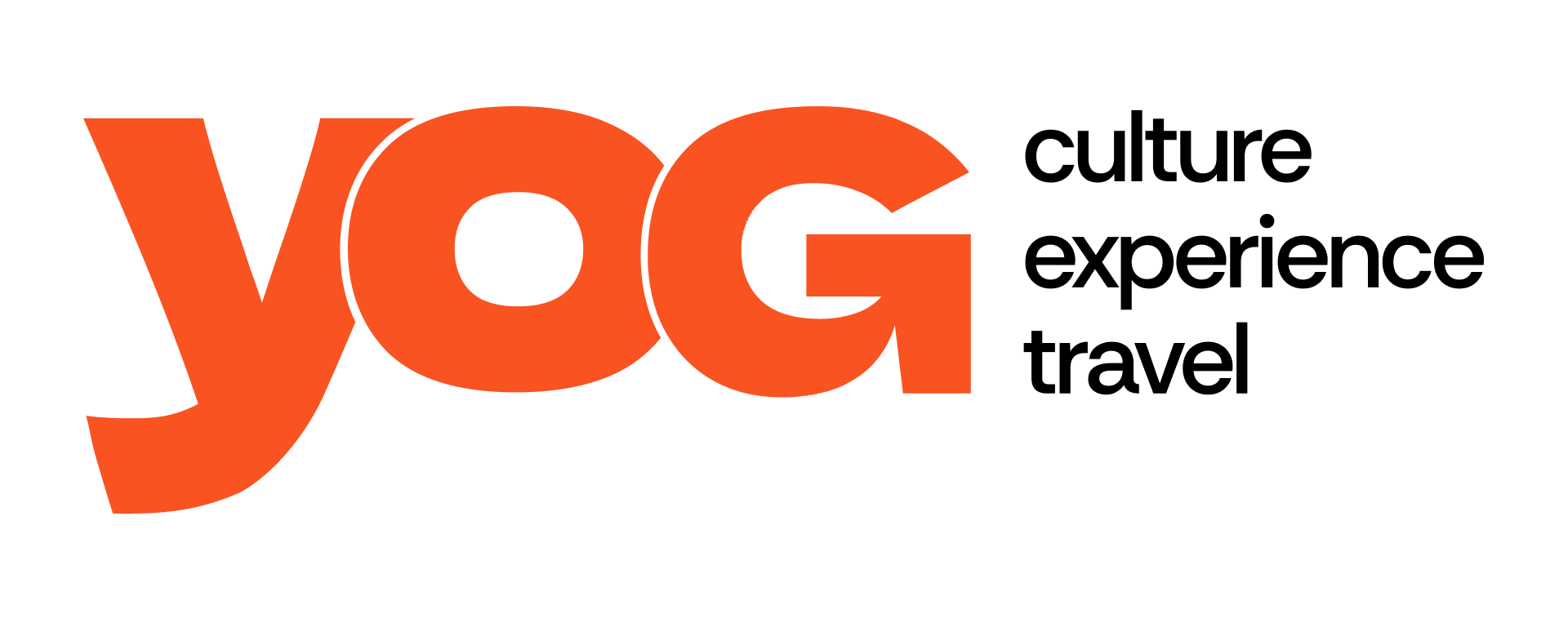Taking a gap year is the start of an exciting adventure. Whether you choose to spend it travelling the world, volunteering or working, there’s no doubt it will be a great learning experience. You do need to be proactive on your gap year though!
However, after 12 months of exploring, you’ll want to be prepared for the cutthroat working world you’ll return to. After all, you don’t want potential employers to just focus on the fact that you’ve taken a year jolly!
The good news is that your gap year can make you more employable – as long as you use your time wisely. Below we explore how you can achieve this.
1. Document your travels
Traveling is an enriching experience. You’ll learn about new cultures, find out different ways of living and experience challenges.
But a year is a long time, so why not write a travel diary or keep a video blog to remember what you achieved. This will ensure that you’ll always have a talking point to hand when asked about your travels and will be good to reflect on when you get back.
Also, jot down everything you learn about yourself. This could be anything from how brilliantly you communicated with someone who spoke a different language to you, a realisation that you enjoy helping animals, or a fulfilment you feel when teaching children. You can then refer to these when you write a CV.
2. List any problems you encountered
Companies are always on the lookout for problem solvers. During your travels, you’ll probably have a few slip-ups. But, you can use these experiences to boost your future job search.
So be sure to note down any problems you’ve experienced while travelling. Whether that’s the design of your back pack, the lack of fresh water in some areas or litter on beaches. Then take this a step further and think about how you could resolve these issues. You could even follow these up when you return.
These are all good talking points for an interview. You can show that you’ve been proactive on your gap year and think of practical solutions for real problems.
3. Keep track of company names
Along your journey, you’ll learn about the names of new companies and organisations. Note these down because they’ll be a handy reference in the future. Plus maybe you found a product or service that stood out to you – you never know when you might come across them again.
What’s more, when you meet new people, find out who they work for and add them on social media. They might even be the gateway to your future career or be able to connect you with someone who is.
Talking to people about their experience of work can help you think about why you’re applying for a particular company. So ask for feedback, talk about experiences and gain as much knowledge as you can!
4. Develop your skills
Before your gap year, you should think about the skills you want to develop and keep your future career in mind when making this decision. For example, if you want to become a recruitment consultant, you might need to develop your communication, organisation and teamwork skills.
It can be easy to get caught up in the excitement of travelling. So write these down to remind you to make time for them.
Why not develop your skills by taking on work experience or volunteering while you’re away? You could teach a language or get involved in community projects. These would all be great experiences to shout about on your CV when you return.
5. Sell your experience on job applications
You’ve learnt a wealth of information and are probably feeling like a new person! This means it’s time to sell yourself on a job application. Our top tip is to focus on the transferable skills you’ve learnt over the past 12 months. Employers are looking for forward-thinking individuals. Talking about how proactive you were on your gap year will help evidence your credentials.
However, always keep it relevant. The employer doesn’t need to know how many elephants you saved in Thailand unless you can link it back to the job. So tailor your experiences properly. If you taught English in Africa – what did you learn from it? But importantly, what skills have you developed to help you in the workplace?
A proactive gap year
Your gap year is a chance to learn and develop, so ensure you take the time for your future career. Use the steps above to help keep track of your progress. Then on return from your travels, you should be able to create a CV that will land you that dream role.
Guest post: Alice Greedus, CV-Library


